Omondi Peter, a community change maker from Kenya, is the visionary founder and CEO of Global Youth Forum. Committed to eradicating poverty in Africa, Peter empowers young people by imparting crucial employability skills and connecting program graduates with job opportunities. Inspired by his challenging childhood marked by poverty, Peter utilizes football to engage and understand the needs of the youth, leading to the impactful Global Youth Forum initiative.
A global goodwill ambassador and peace champion, his dream is to establish a self-sustaining Community Sports Centre, supporting marginalized youth for a brighter future. Peter, a lifelong scout, serves as a life skills coach, imparting confidence, communication, leadership, and conflict resolution skills, standing for hope, abundance, peace, and togetherness.
In a privileged conversation with The Interview World, Omondi Peter elucidates his endeavor to harness the power of sports for poverty alleviation and the positive transformation of individuals within his community. The following are the key highlights from his insightful interview.
Q: Could you share the vision and mission behind establishing the self-sustaining Community Sports Centre, and how you believe it can contribute to eradicating poverty in local communities in Kenya?
A: Growing up in a rural village in Kenya, my love for football was undeniable. However, the lack of equipment and resources posed a challenge. We didn’t even have a proper football. Consequently, I resorted to sneaking the school ball to use it with the village kids over the weekend, leading to some trouble.
The mission behind establishing the Self-Sustaining Community Sports Centre in Kenya is to empower the underprivileged youth in marginalized communities, enabling them to realize their full potential and discover their passions and talents from a young age.
The envisioned Community Sports Centre in Kenya aims to contribute significantly to poverty eradication. It will serve as a hub where marginalized young individuals can engage in their favorite sports (we support 17 sports representing the 17 Sustainable Development Goals). Here, they will not only discover their talents and passions early on but also receive the necessary tools and skills. This will allow them to transform their passions, such as a love for nature, into tangible enterprises, like engaging in agriculture, growing crops, and feeding people. The ultimate goal is to help them generate income, lead better lives, and break the cycle of poverty in their homes.
Q: In what ways does a sport like football aim to provide a holistic approach to poverty eradication, beyond just playing? Could you elaborate?
A: A football match involves 11 players on each side, along with a center referee and two linesmen or women for assistance. The game operates under specific rules that all participants must adhere to throughout the match. To secure a victory, a team needs to diligently practice and prepare. Similarly, match officials play a crucial role in ensuring that the rules are followed, creating a neutral ground for fair competition and ultimately determining the best team.
Much like football teams strategizing for success by devising winning game plans and assigning roles to players, combating poverty requires communities to unite. Identifying the root causes of poverty and collaboratively building a comprehensive plan are essential steps. This cooperative effort involves working together and providing support to eradicate poverty effectively.
In the process of poverty eradication, various key players, including the government, private sector, and civil societies, must come together. This collaborative approach can be likened to a football team, where individuals from diverse backgrounds unite for a common goal – winning a match. Similarly, the collaboration of different entities is crucial to successfully addressing and eliminating poverty.
To conclude, football serves as a powerful tool, bringing together a global community of over 3.5 billion people. It provides a platform for bonding, fostering conversations, and addressing issues affecting humanity, such as poverty eradication.
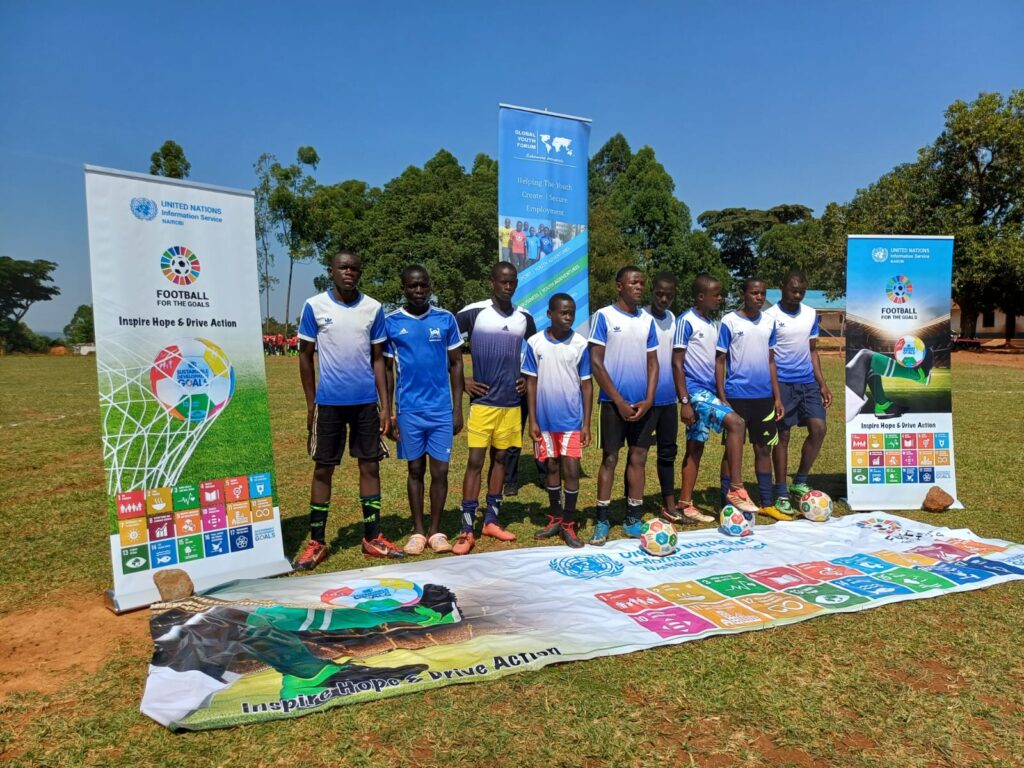
Q: Can you elaborate on the self-sustaining aspect of sports? What measures or strategies are in place to ensure long-term viability and impact in society?
A: Picture a scenario where every player worldwide has to pay for the oxygen they breathe during a game, coupled with covering the costs of their carbon dioxide emissions. How much would it end up costing the players?
In the realm of sports, sustainability is crucial. Our community sports center not only aspires to be sustainable but also envisions the ability to generate its own resources for self-sufficiency. This involves being community-owned and managed. The primary objective of our program is to actively involve young people in sports and community activities, fostering both income generation and resources for the center’s operations, along with facilitating youth capacity building.
One of our key initiatives involves hosting three annual football tournaments that engage 51 football teams from across Kenya every year. The first strategic measure we have in place is to encourage teams to plant three trees for each goal scored during our community football competitions. Additionally, each participating team will be empowered to conceive and implement a community project advocating for a Sustainable Development Goal of their choice at the grassroots level.
Through these strategies, we aim to achieve two vital goals. First, we seek to eliminate carbon emissions resulting from sports activities. Second, we aim to empower communities to devise solutions to the challenges they face by utilizing a sport of their choice.
Q: How does your Sports Centre focus on empowering youth within the community, and what role does sports play in their personal and professional development?
A: Sport holds immense power, captivating the interest of every young person globally, each having their favorite. Notably, football stands out as the world’s most popular sport, boasting a staggering 3.5 billion fans. In 2015, I took the initiative to organize the inaugural football tournament, uniting 32 teams and raising a significant sum of USD 3,125 (Ksh. 500,000), which we subsequently donated to a drug rehabilitation center in Kenya.
Since that impactful beginning, my team and I have continued to spearhead 14 football tournaments across four counties in Kenya. Our endeavors have engaged a total of 133 football teams, garnering support from 42 corporate partners globally, including the esteemed United Nations.
Within the Sports center, we are committed to three major programs, each contributing to our overarching goals. One such initiative is Sports4SDGs, which encompasses the well-established Football4Peace, as detailed earlier, and the innovative Archery4TheGoals. This particular project aims to utilize archery as a tool for teaching young people the art of goal-setting, impressing upon them the challenges and empowering them with the necessary tools for goal achievement.
Under Archery4TheGoals, our focus extends beyond mere archery skills. It is about instilling values such as integrity, teamwork, and cooperation. Archery serves as a tangible example, illustrating the power of focus, consistency, persistence, and discipline. Through this sport, we nurture the capacity of the youth, equipping them to make a positive impact within their communities. The symbolism is clear: hitting the bulls’ eye on the archery target through consistent practice translates to the ability to set and achieve personal goals.
Another pivotal program is Moulding4Work, a year-long initiative designed to empower university and college students across Africa. The program imparts practical skills, enabling students to transform their passions into enterprises or secure employment in their chosen fields.
Lastly, Ordinary Voices provides a safe and inclusive platform. It serves as a meeting ground for everyday Kenyans to connect with like-minded partners and experts, both locally and globally. Together, they engage in discussions on issues affecting their communities, propose viable solutions, and collaborate on implementing these solutions.
Q: What metrics or indicators are being used to measure the impact of sports on poverty alleviation and community development?
A: We assess our impact in eradicating poverty and fostering community development through various indicators, which include:
- Facilitating Employment Opportunities: We gauge our success by tracking how many young individuals secure jobs through our sports coaching and mentorship programs.
- Empowering Community Teams: Another crucial metric is the number of teams we support in implementing their community projects and their ability to generate self-sustaining resources for their endeavors.
- Skill Empowerment for Youth: We measure impact by evaluating the number of young people equipped with the skills to plan and execute sports activities, enabling them to raise resources for their community passion projects.
- Financial Support through Tournaments: We quantify our contribution by assessing the amount of capital raised through tournaments, which directly supports community initiatives and enhances youth capacity building.
- Local Community Sports Centers Development: Additionally, our impact is evident in the development of local community sports centers. These initiatives are driven by the residents and communities, fostering the nurturing of talents and passions at the grassroots level.
Q: Do you have plans for expanding your centre’s reach to other communities or scaling up existing programs?
A: Certainly, we are enthusiastic about it. Presently, we possess a scalable model known as Sports4SDGs that operates globally. Currently, our primary focus lies in Kenya, where we are actively collaborating with both local and international partners. Our objective is to establish the inaugural Community Centre, serving as a hub for young individuals from various parts of Africa. This center will facilitate their participation in our program, equipping them with valuable insights. Subsequently, these individuals will return to their respective communities to implement the acquired knowledge. The ultimate goal is to combat poverty within their homes, utilizing sports as a powerful tool for positive change.
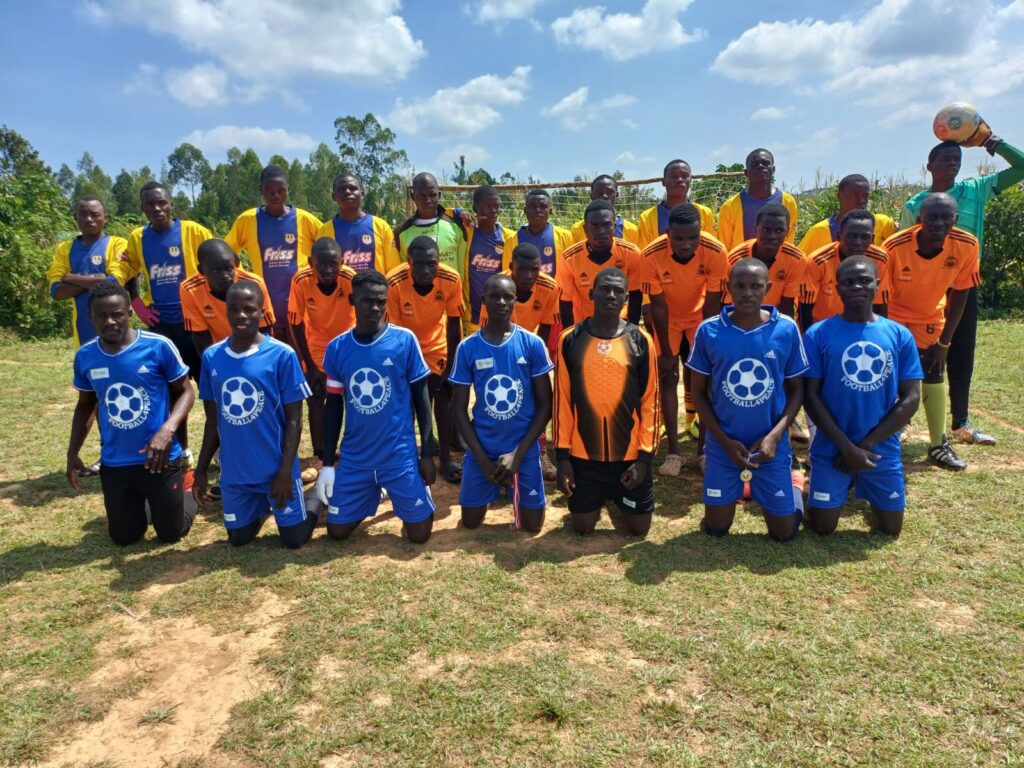
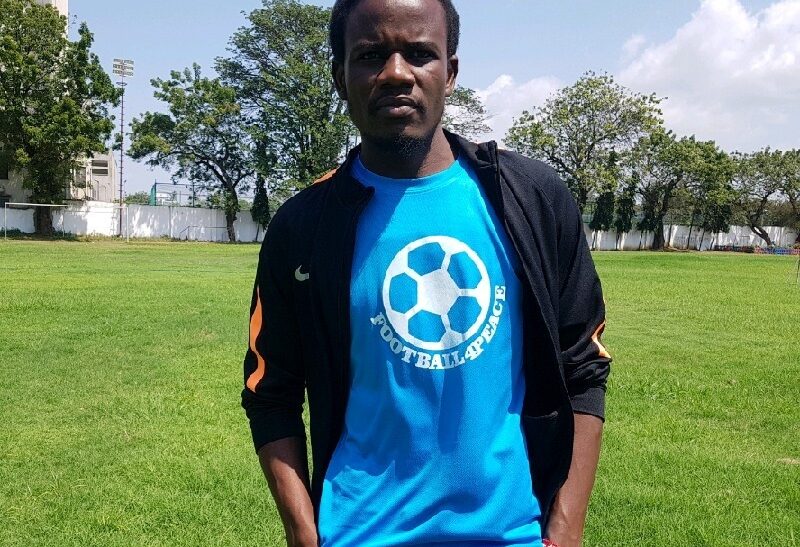
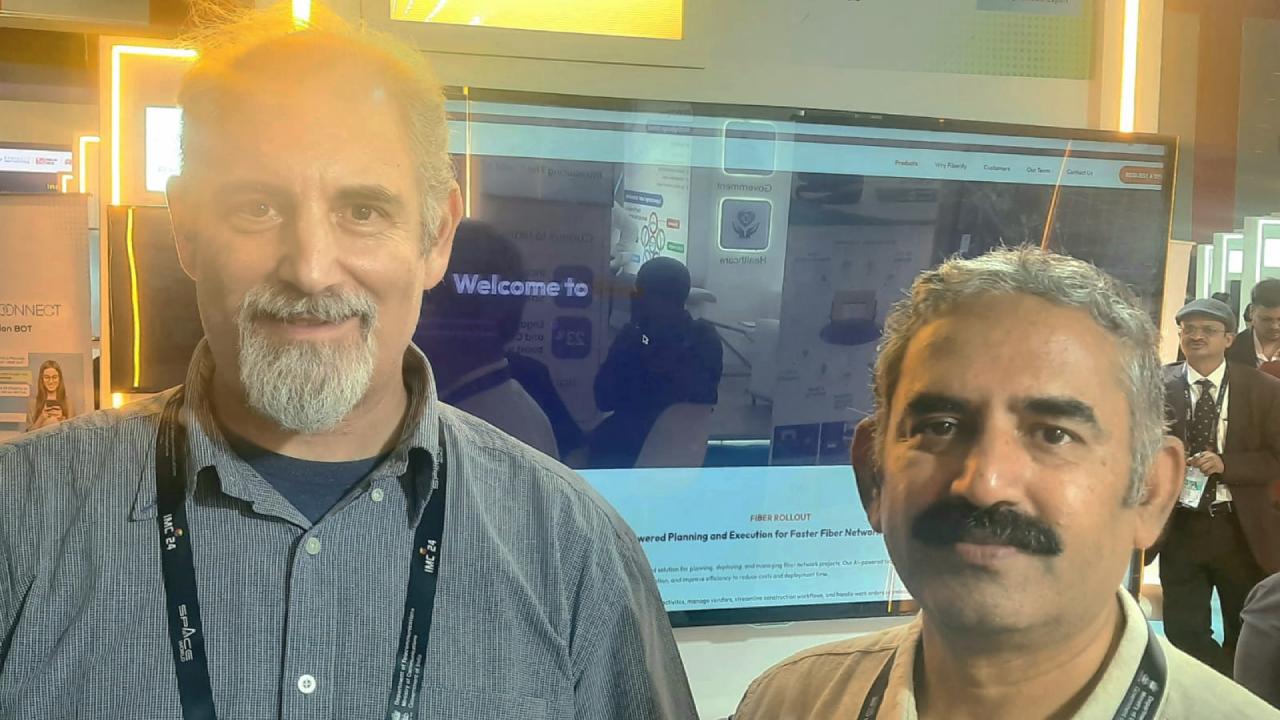
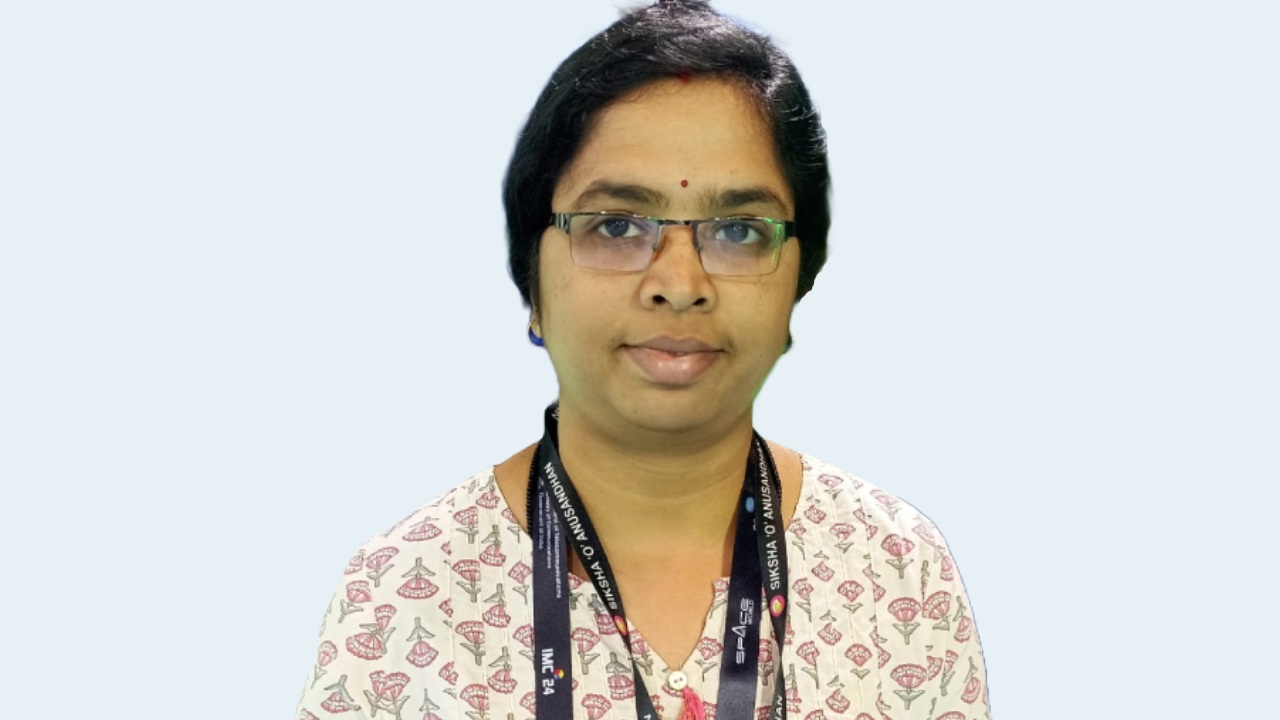
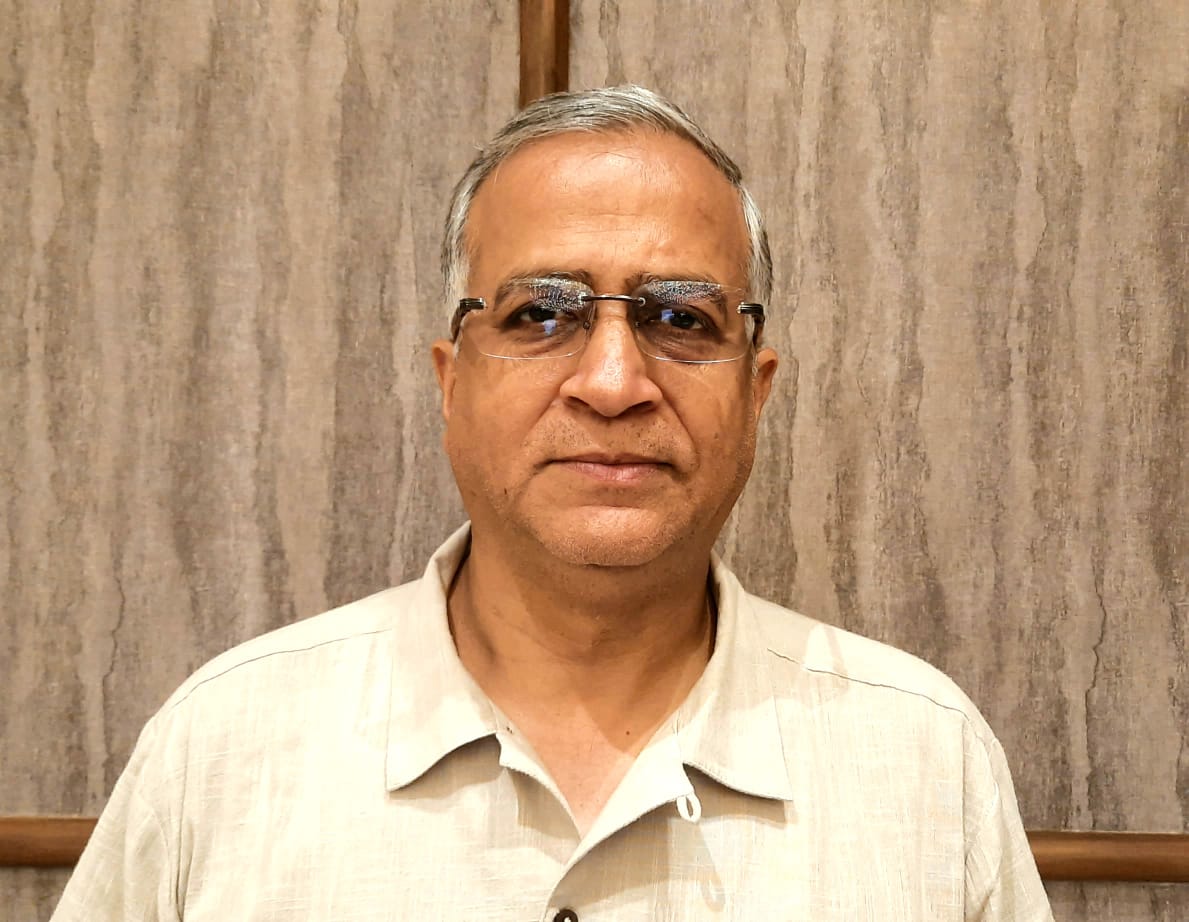
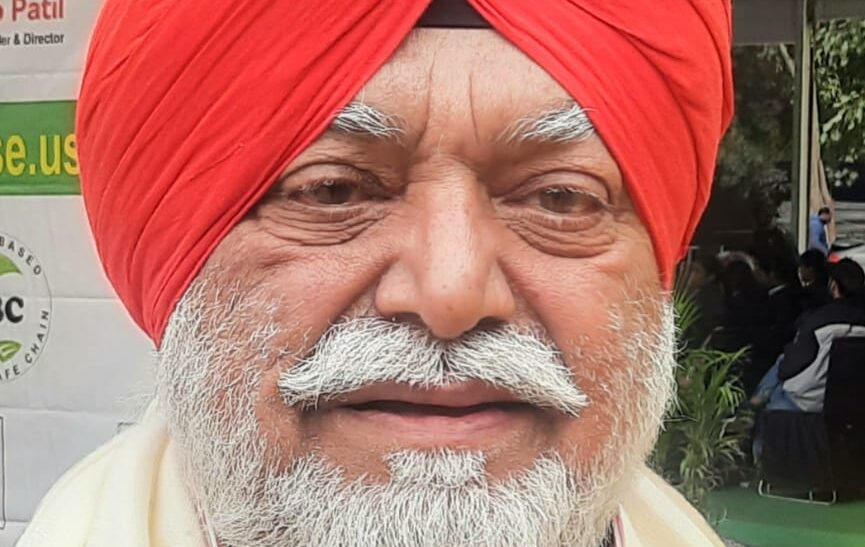

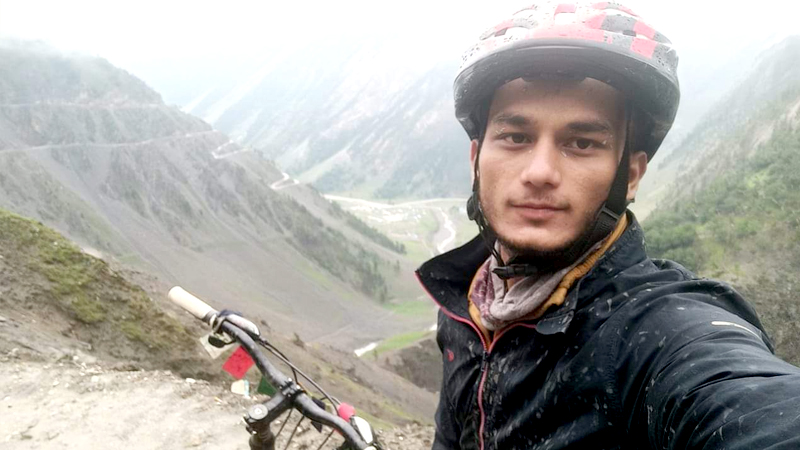



3 Comments
I like this web blog its a master peace ! Glad I found this on google .
I really like reading through and I think this website got some really useful stuff on it! .
Hey people!!!!!
Good mood and good luck to everyone!!!!!